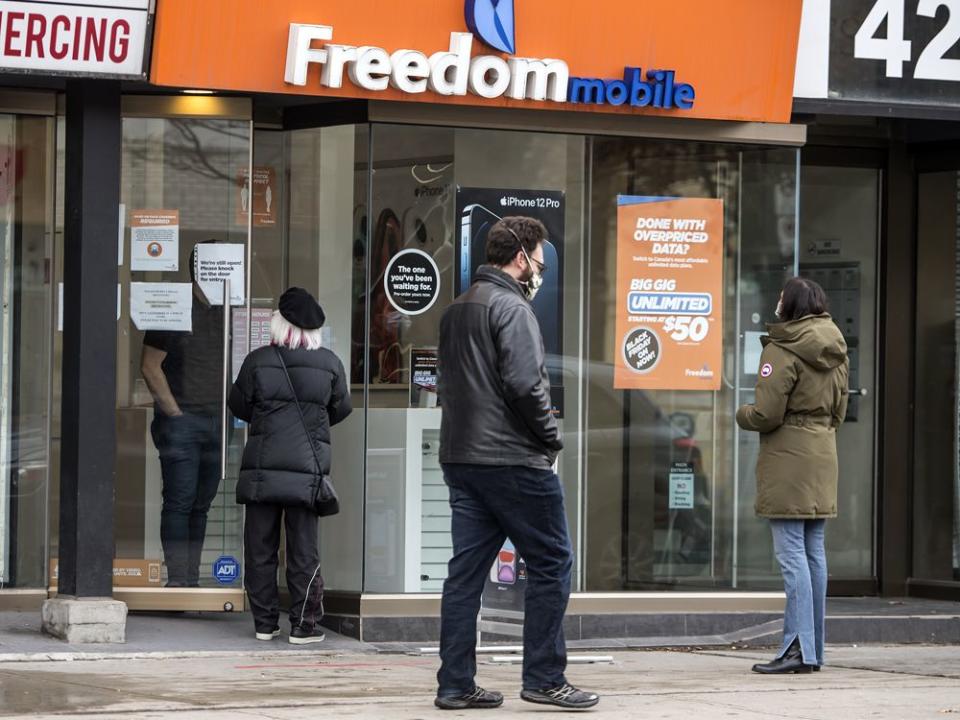Freedom would be less competitive after Rogers-Shaw merger, expert tells tribunal

The sale of Freedom Mobile to Vidéotron after the proposed merger of Rogers Communications Inc. and Shaw Communications Inc. will result in less robust competition in mobile services in Canada, an expert witness told the tribunal.
Michael Davies, one of the experts hired by the Competition Bureau to analyze the two telcos’ potential merger, testified that divesting Freedom Mobile will not mitigate this result. The founder and chairman of Massachusetts-based consulting firm Endeavour Partners took the stand on Thursday to present his findings before the three-member tribunal.
“The proposed remedy (of selling Freedom Mobile to Vidéotron) would create an entity with less competitive strength than Shaw prior to the initiation of the merger,” he said. Quebecor Inc.’s Vidéotron subsidiary is in the process of acquiring Shaw’s Freedom Mobile for $2.85 billion.
Davies, who has a business and technology expertise in mobile and digital domains, said Shaw’s ability to compete strongly and evolve its network came to “more or less a dead halt” after its merger with Rogers was announced in March 2021. Shaw was ready to deploy 5G but due to the announcement, Shaw could not participate in the spectrum auction and stopped migration to 5G, he added.
He said the merger will greatly reduce Freedom’s competitiveness as a wireless business due to weaker product offerings, target customer base and distribution, loss of economies of scale, lack of access to Wi-Fi hotspots and reduced ability to differentiate on the basis of reliability.
A combined Freedom-Vidéotron would also lose distribution advantages Shaw-Freedom had, said Davies. These include losing access to Shaw’s mobile business physical distribution channels, digital channel and brand awareness, he said.
Competition Bureau expert witness in Rogers-Shaw case faces grilling at tribunal
Porting data shows direct competition between Rogers and Shaw, expert witness tells tribunal
Telus had strategy to 'kill, shape and slow' Rogers-Shaw merger, document shows
Without access to Shaw’s digital channel, Freedom will have an 81 per cent drop in web traffic, his presentation said, noting that nearly 12 million people visited the Shaw website in January as opposed to only 2.6 million to Freedom. Shaw’s unaided brand awareness was also at 86 per cent at the time, as opposed to 21 per cent for the Freedom brand.
During cross-examination, John Rook, a lawyer for Vidéotron, questioned Davies’ knowledge of Canada’s network infrastructure as someone coming from an international background.
“There’s nothing in your report … that would indicate that you have ever been retained by a Canadian telecommunications common carrier or by the commissioner of competition or anyone involved in the industry, which suggests to me that your involvement in Canada was episodic at best,” Rook said, to which Davies responded no.
• Email: dpaglinawan@postmedia.com | Twitter: denisepglnwn

 Yahoo Finance
Yahoo Finance 